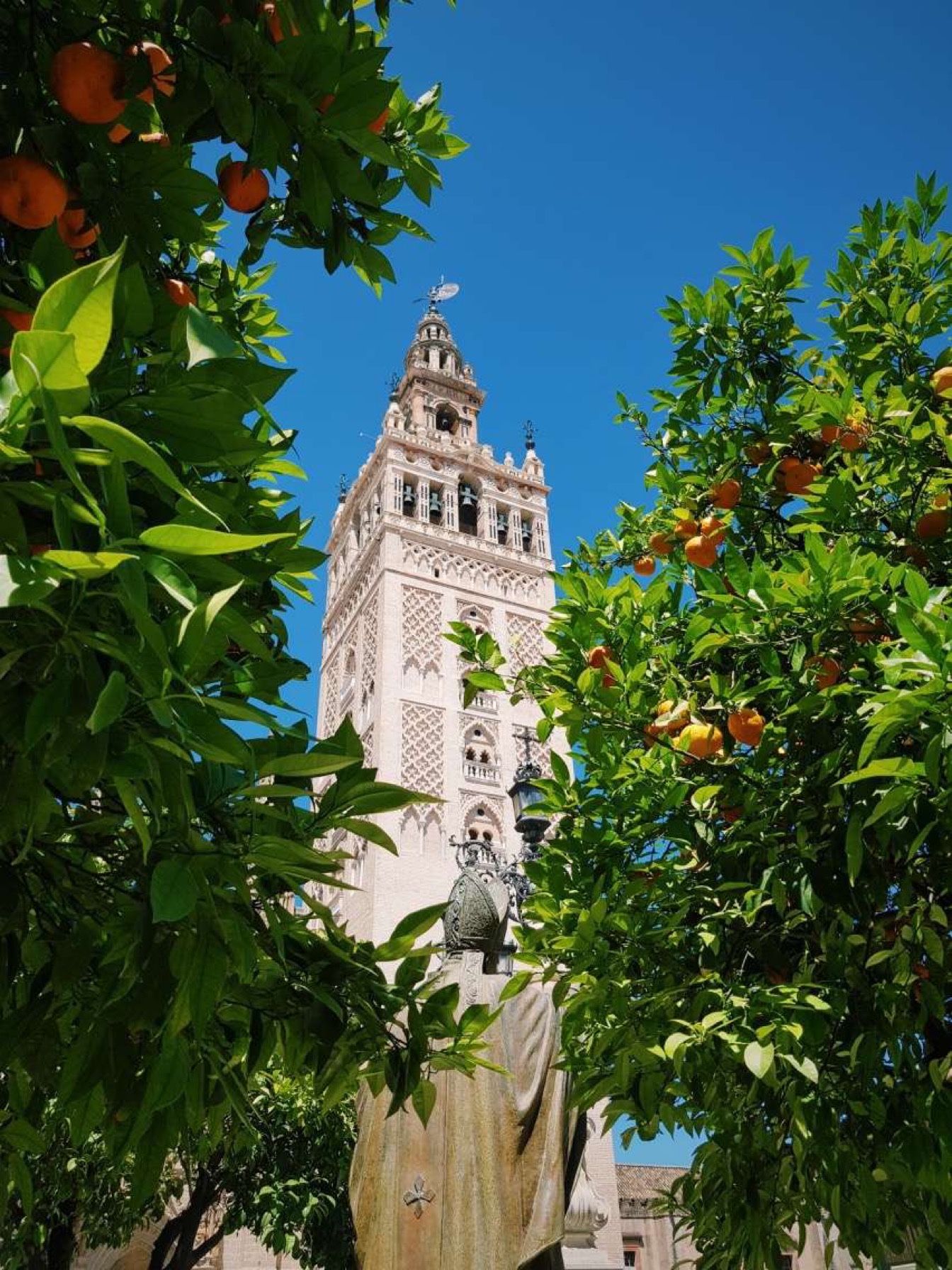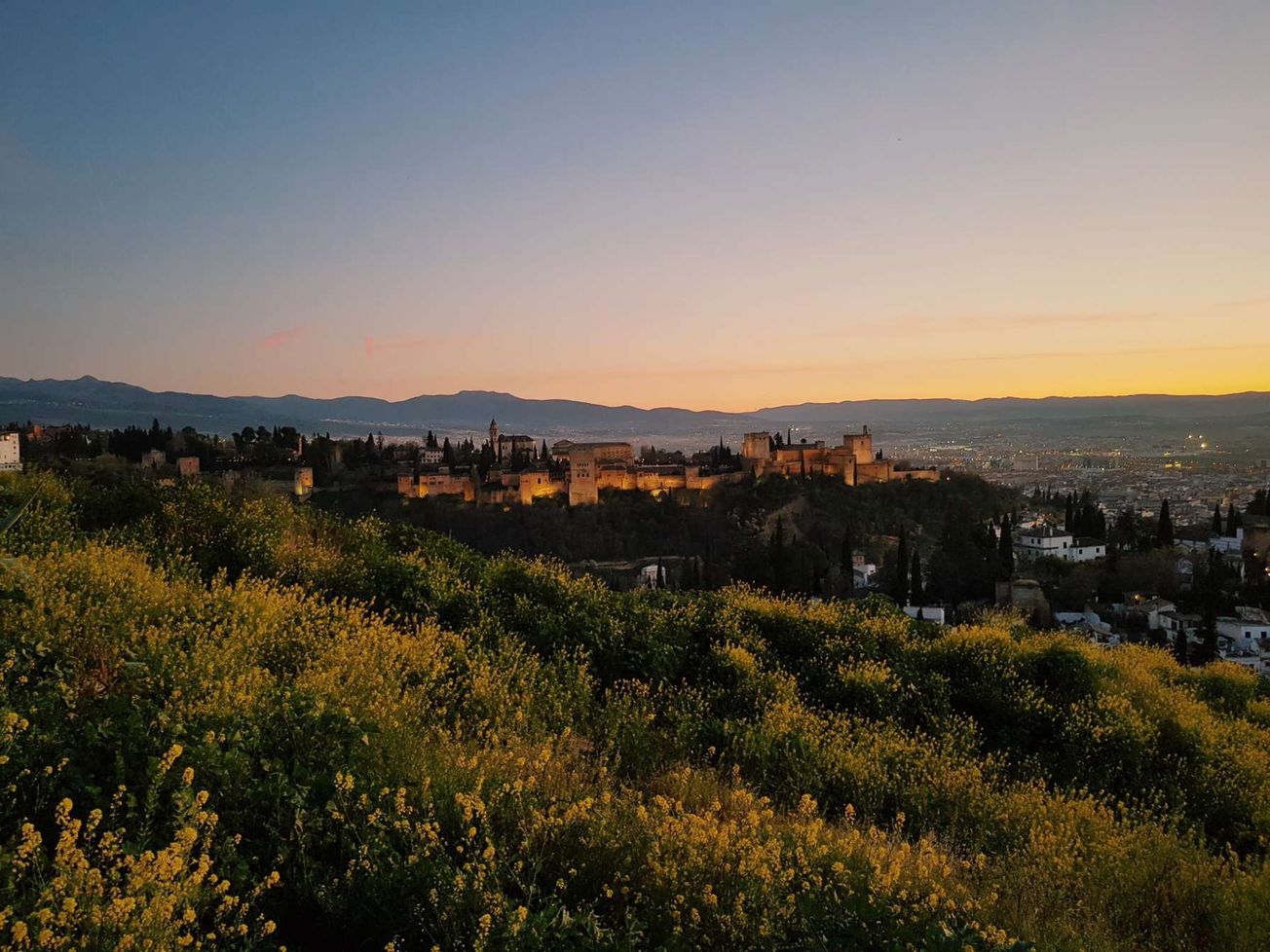By Peter Thorp, Fourth Year, Film and Spanish
The Croft Magazine // "I had experienced anxiety on my year abroad at the best of times - a global pandemic did not help": Peter Thorp recalls how his year abroad turned sour as a result of the coronavirus pandemic.
Stood atop the beautiful Mirador San Nicolás in Granada, on a pleasantly warm evening in early March, I noted how everything seemed to be finally coming together.
I’d completed a term-and-a-half of my year abroad in Spain and was fully settled into my temporary home of La Palma del Condado, a small town just outside Sevilla. My job as a teaching assistant at the local primary school was easy and enjoyable; work-related stress was non-existent, and the pay was excellent for such a relaxing position. Due to this and my shockingly low rent (125 euros per month to live in a three-storey, four-bedroom house), I was in the best financial position since I’d started earning money, and with this newfound disposable income, my flatmates and I decided to travel. By early February, we’d planned three trips: to Faro in Portugal, then Granada and finally Malaga.
It was on a bus on our final trip that things began to fall apart. My flatmate tapped me on the shoulder and showed me a tweet that showed the current number of Covid-19 cases in Italy. As I glanced at her phone, I was ready to roll my eyes, tell her to chill out and put my earphones back in. The figures I read, however, made my eyes widen, and instead of ranting that she was worrying too much, I fell quiet. Evidently, she was right to be worried. When I went back to looking out of the window, I felt, for the first time, the small pang of anxiety that would steadily grow over the coming months.
The gravity of the situation rapidly increased over the next few days. Coronavirus was the only thing anybody was talking about. Grave conversations about the disease were happening in the staff room at work. As usual, 90% of what was said flew straight over my English head, but the odd word – morir (to die), malo (bad), peligroso (dangerous) – gave me the gist. Phone calls with family informed me that the situation was similar back in the UK; people everywhere were worrying, and all the “this is just another strand of the flu” Facebook posts were slowly disappearing. This was clearly something more than a story that would soon fall out of the news cycle.

On March 13th, my three flatmates and I crowded around our TV to watch president Pedro Sánchez’s address to the country. He announced that Spain would go into a state of alarm immediately and would begin a strict lockdown two days later. In the days following the speech we had to make an important decision: fly back to the UK or stay in Spain. In spite of the advice given by the University and the fact that friends were cutting short their years-abroad and flocking home from all over the world, we chose the latter.
90% of what was said flew straight over my English head, but the odd word – morir (to die), malo (bad), peligroso (dangerous) – gave me the gist
I had experienced anxiety on my year abroad at the best of times so, needless to say, a global pandemic did not help. The difference with the anxiety I felt now that I’d decided to remain in Spain was that it was borne out of uncertainty; mostly, the uncertainty of whether or not I’d be able to get back home any time in the foreseeable future. Airlines were inactive, borders were closed. I was trapped, waiting for lockdown to end like everybody else, but I needed it to end before midday on 31st May, when our tenancy would end and we would become homeless; but there were still months to go before that date. So, in the meantime I did what everybody else did during lockdown: not a lot.
Zoom calls provided a brief interlude from the drudgery of isolation life and I read; I read more books than I’d read in the past 10 years of my life. But you can’t read forever, and no matter how frequently you badger them, friends can’t do Zoom calls all day every day. There was still a seemingly infinite amount of dead time in which to do nothing but sit on the bed and have a nice long stare at the wall.
Such is the nature of Spanish hospitality; a stranger will drop everything to help you, despite the fact you have nothing in common but a postcode
However, there was another distraction from the monotony: every single night, for three months, there was a clap for health workers much the same as the UK’s clap for the NHS. The first time we heard this, we ran up to our roof terrace and saw, for the first time in a while, other people, in every direction, smiling and laughing. Every single household had at least one person clapping enthusiastically whilst shouting kind words of encouragement at their neighbours from their doors and windows. Suddenly, despite being technically alone in a whole country, and despite not knowing any of the people who lived around me, I felt immediately comfortable in the knowledge that I was not alone at all, but surrounded by friendly neighbours who were all going through the same ordeal as me.
While the clap’s purpose was to show appreciation to the thousands of heroic carers and essential workers, it doubled as a morale boost. Every night at 8 o’clock, I was reminded that there was a friend next door who would help me if I needed it. Such is the nature of Spanish hospitality; a stranger will drop everything to help you, despite the fact you have nothing in common but a postcode.
(end of Part One)
Further articles on disrupted study-abroad plans :
- Changing planes and altering plans : studying abroad in the wake of a pandemic
- At least a third of study abroad cancelled amid Coronavirus concerns
Featured Image : Mirador de San Nicolas, Granada | Peter Thorpe / Epigram
Keep an eye out for Part Two of Peter's story - coming soon.









